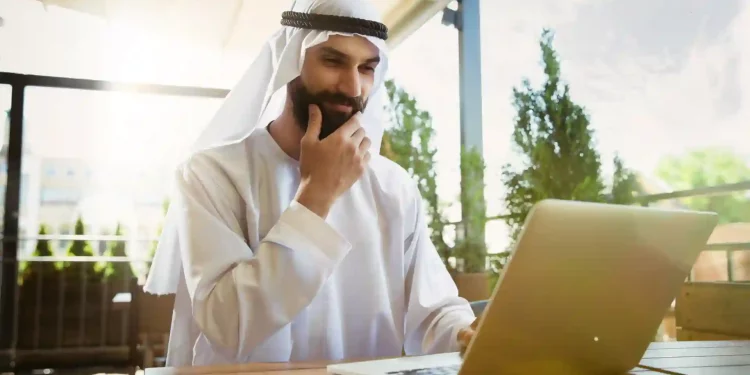The Saudi Central Bank (SAMA), the central bank of the Kingdom of Saudi Arabia (KSA) has announced that it has updated the Framework of its Regulatory Sandbox. The step was taken as part of SAMA’s efforts to achieve several national strategic goals through the promotion of the Regulatory Sandbox’s commitment in the Financial Sector Development Program (FSDP), a strategic objective of the Saudi Vision 2030.
The vision 2030 is built around three primary themes:
- a vibrant society – Saudi Arabia would focus on its people and the Islamic faith,
- a thriving economy – Saudi Arabia would diversify its economy and create dynamic job opportunities for its inhabitants. This will occur through commitments to education, entrepreneurship, and innovation
- an ambitious nation – The kingdom would emphasis on accountability, effectiveness and transparency in its governing strategy.
The updated framework would also support the objectives of the FinTech strategy by launching the largest Islamic museum in the world, promoting the growth of cultural and entertainment opportunities within the Kingdom, doubling the number of Saudi heritage sites registered with UNESCO, encouraging healthy lifestyles so that the number of residents who exercise once a week increases from 13 to 40 percent, and developing Saudi cities so that three are recognized in the 100 top-ranked cities in the world.
The strategy would support a comprehensive array of Fintech activities by functioning within a holistic basis through several initiatives serving as catalysts for change, the noteworthy effort of this initiative is having its framework updated as it would allow Fintech companies to submit Regulatory Sandbox applications as of the 6th of September 2022.
The Central Bank’s move from a cohort-based approach to a continuously open approach
By 2030, Saudi Arabia would have at least five universities among the top 200 universities in the world and refocusing on small and medium-sized enterprises (SMEs) by fostering financial assistance. Expanding the contribution of SMEs to GDP from 20 to 35 percent by 2030. Sustainable success can only be accomplished in conjunction with solid foundations. In order to realize this potential, boost transparency by expanding online services and improving governance standards, establish the King Salman Program for Human Capital Development in order to train more than 500,000 government employees in best practices and reinforce the non-profit sector through increased effectiveness and impact.
In the quest to take advantage of recent and innovative technologies to deliver advanced financial products and services to Saudi markets, The Saudi Central Bank launched the Regulatory Sandbox initiative back in 2018 to garner the involvement of local, regional, and international Fintech institutions and enterprises. The initiative proved to be very efficacious as it enables SAMA to adopt many products and services by issuing instructions and regulations, as well as launching many of those products and services to the clients within the financial sector by capitalizing on the experiences of Regulatory Sandbox certified companies, the number of which reached thirty-eight.
The Central Bank elucidated that the updated framework of the Regulatory Sandbox is open for both local and international applicants to apply and be their entrepreneurs, non-regulated companies or existing regulated entities, the key differentiator of the updated framework is to move from a cohort-based approach to a continuously open approach which would provide greater suppleness to those applying. This transition would allow applicants to apply to the Regulatory Sandbox when they are prepared and in addition bring in their preferred business concept and not to work to a particular one established for the cohort.
The Central Bank in cooperation with Saudi Fintech, would hold in the days that follows, an introductory workshop on the updated regulatory framework for the legislative experimental setting.

















